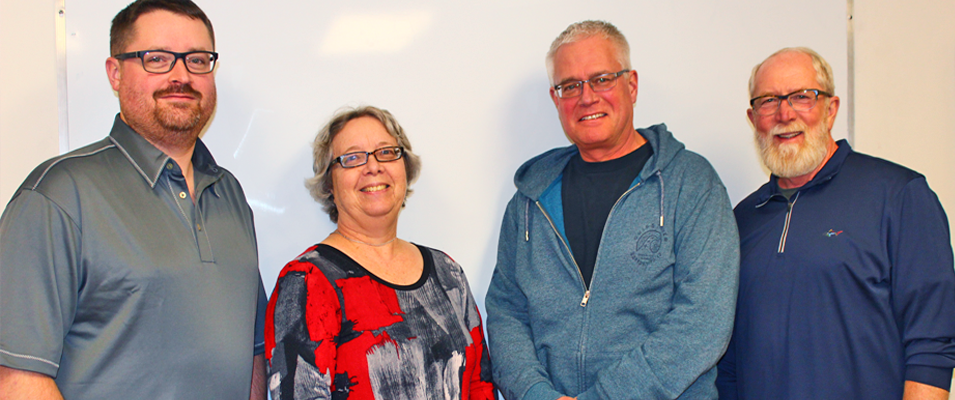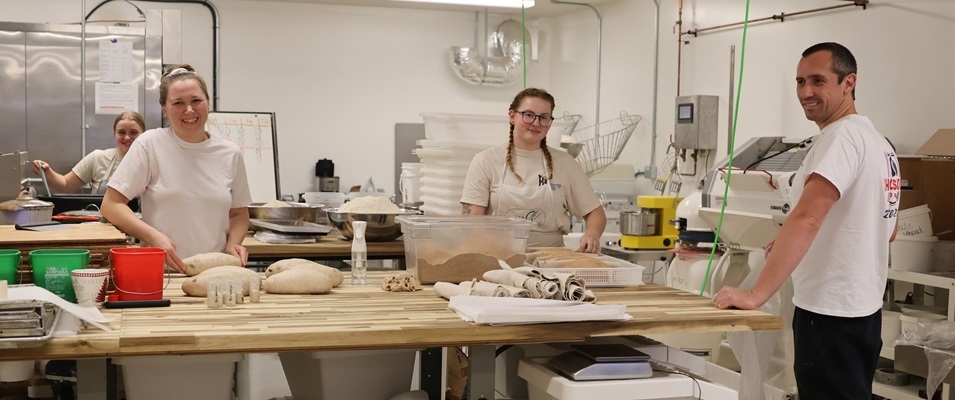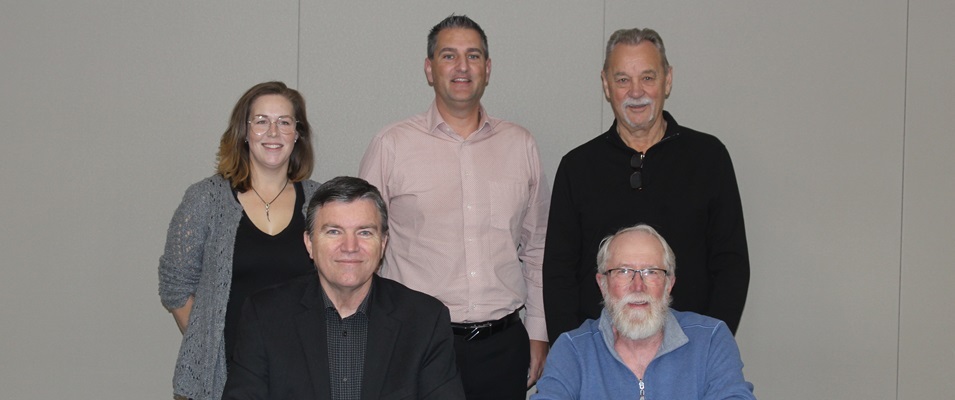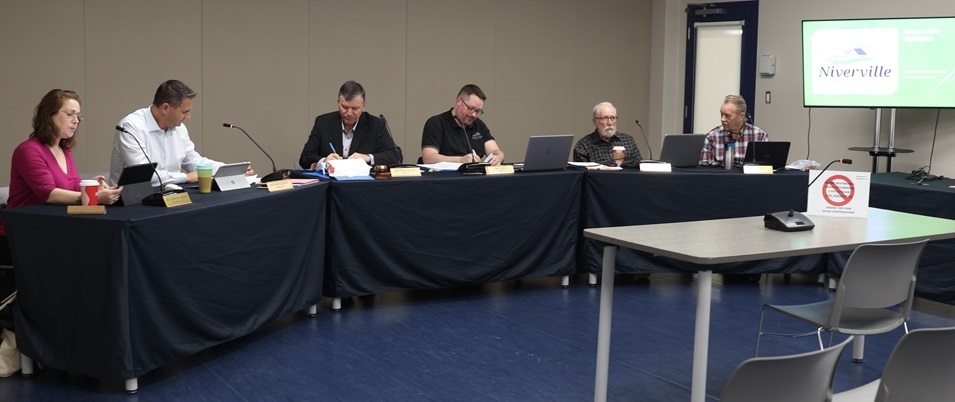
Economic development has, without question, been at the forefront of Niverville council’s mind in the last year—as well it should be with the town desiring to move beyond the bedroom community image many rural communities like it attain when they’re in such close proximity to a city.
For residents, economic growth means more amenities within town limits, the potential for competition, and a larger base from which to draw property taxes. This should, conceivably, lower taxes for everyone. For business, it means lower corporate taxes than they would pay in large urban areas, incentive programs, and a larger network of business owners to collaborate with.
While some might argue that the small-town feel they long for will be lost, or has already been lost, council believes that there’s a way to achieve sustainable growth while maintaining all the benefits of life in a small community.
In the fall, council obtained the services of Sison Blackburn Consulting, Inc., which performed an extensive analysis of the community and provided a detailed template by which the town could grow and thrive into the future.These details are available in the November edition of The Citizen. With that template, council was able to focus on the community’s strengths, weaknesses, unique qualities, and gaps. These were featured in the January edition of The Citizen.
Since that time, council has successfully created an economic action plan, providing tangible means by which a host of new initiatives will be introduced into the coming budget.
A number of action items have been prioritized right out of the gate to improve the business side of economic growth. These include the development of a Business Enhancement Committee (BEC), comprised of Chris Wiebe as council representative and Eric King, the town’s economic development officer. They will join forces with Mel Buhler, president of the Niverville Chamber of Commerce, and Dawn Harris, the Chamber’s executive director.
Their mandate will be to seek both short-term and long-term opportunities to attract new businesses as well as support the growth of the existing business sector.
“We are pleased that town council has taken this step and want to commend Eric King on the work that he has put into it,” says Buhler. “Several areas that have been identified for action address comments we have been hearing from our members. Over the past year, communication with council has been excellent. This is an extension of the efforts both council and the Chamber have been making to improve communication.”
This four-person committee will also take on the responsibility of creating a Business Mentorship Committee (BMC) to provide expertise and assistance to start-up businesses. Members of this committee might include accountants, investors, lawyers, and business owners.
“Initially it will help address one of several components of business development in town: business start-ups and entrepreneurship,” adds Buhler. “In talking to some of our members, many have said they wished that they could have had someone or a group of people to talk to when they were starting out. Hopefully this program will meet some of those needs.”
The BEC will further administrate a database showing available space within the town as a resource to potential new business owners. Council has tentatively budgeted $5,000 per year for the administrative needs of these committees, pending budget approval in April.
To encourage new business development, council will work together with the Chamber on a unique marketing strategy through advertising aimed at selling the community to the region and beyond.
Council hopes to increase spending on networking with manufacturing companies in order to entice them to purchase land in the business park.
Business incentive grants are also in the works with the hope of encouraging developers to build more leasable space.
In the spirit of creating a more vibrant Main Street business corridor, council is working on developing specific design standards to improve on consistency in appearance and accessibility by foot. This will eventually see the elimination of Main Street residences. Council plans to provide a grant program for business façade improvement and to continue working with businesses and committees on other aspects of Main Street beautification.
Looking beyond the business sector to the community as a whole, council intends to increase tourism by setting Niverville up as a regional tourist attraction. Completing the construction of the wetlands project will draw in visitors for classroom field trips, family outings, bird-watching, and environmental study projects.
A holistic look at Hespeler Park, the community’s main greenspace, has council working on a playground to draw in families from surrounding communities to spend the day. Further work on the Mennonite Landing site along the Red River will provide opportunities for education on the area’s history.
With these tourism aspirations, the up-and-coming multiplex, and the expanding medical facilities in Niverville, council recognizes the importance of attracting a hotel chain to the community. Special marketing strategies will be initiated this year to attract such a chain.
The cost to initiate all these strategies will come in at around $100,000 in the first year, with longer-term financing set to increase by $50,000 in 2019 and another $75,000 every year for three years after that.
With a municipal election coming up this fall, the current council has set the gears in motion. It will be up to future council members to adopt these policies and carry on the vision well into the future.
“The positivity surrounding the momentum that exists within our business leaders must be contagious,” reads the conclusion of council’s action plan. “The future of Niverville is bright in their minds if we continue down the path the Town and Chamber has taken over the last few years—in particular, the last twelve months.”



















